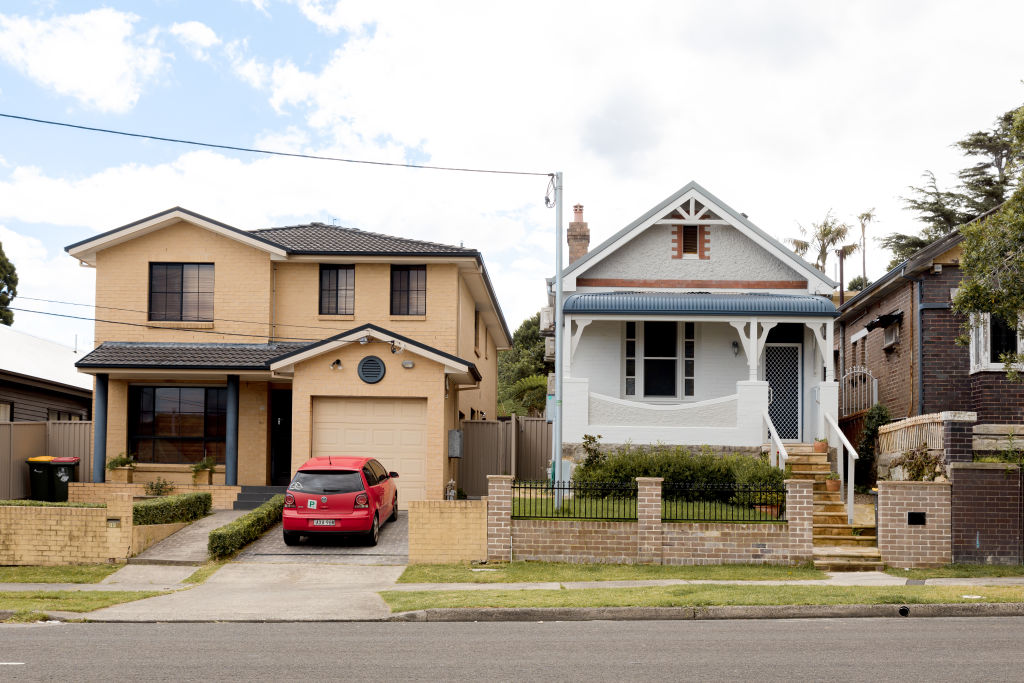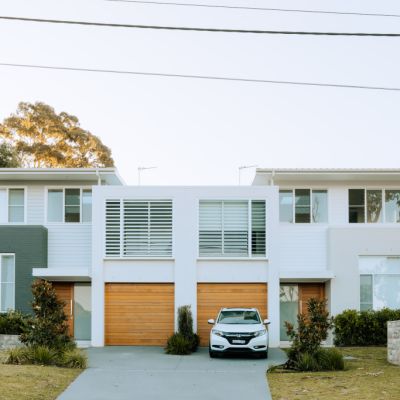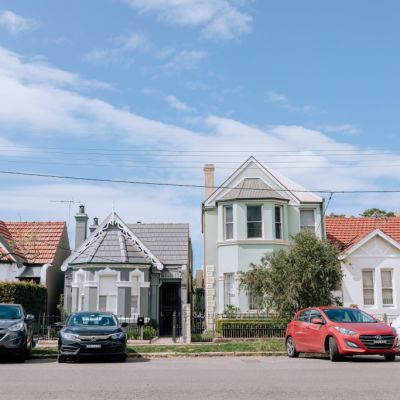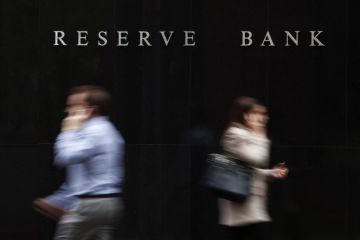Fixed versus variable rate home loans: How to decide which option is right for you

Updated 14 May 2023.
There are 880,000 fixed-rate loans due to expire this year, according to the Reserve Bank of Australia (RBA), and many borrowers are in for a shock when their loans switch to variable and their repayments rise.
After a series of interest rate rises by RBA over the past year, variable rates have gone up, meaning a borrower who opted for a fixed-rate loan when rates were at record lows will face higher repayments when their fixed term expires, and they roll onto variable rates.
While borrowers can choose to fix their interest rate again, fixed rates offered by lenders have risen too, and with uncertainty remaining around how high interest rates could go and when rates could be cut, there’s a lot for borrowers to consider..
For borrowers in this situation, and those considering purchasing a home or refinancing this year, deciding whether to keep their interest rate variable or opt for a fixed-rate loan is a big decision.
So, what are the advantages and disadvantages of fixed, variable, or a hybrid of both?
Fixed rate loans
Fixed rate loans are those that have an interest rate set at the time of taking them out, which is locked for a set period, usually one to three years. If you fixed your interest rate, and the RBA raises the official interest rate during that period, you will be paying less than others on a variable loan. But if it goes down, you may be missing out.
“This may be a good option for those who feel they need certainty and stability in their cash flow,” said former private banker and financial planner Paul Feeney, who runs digital financial advice platform Otivo. “It tends to come down to people’s personal circumstances.
“But it’s always wise to seek advice, bearing in mind your income, expenses, the interest rate and individual preferences, and whether any of those are likely to change in the future.”
The fixed rate is usually, but not always, higher than the variable rate, which is another factor to be taken into account, and there are usually significant fees to be paid if a customer wants to break that loan to switch to another.
“The size of the break fees is something else that has to be considered when you’re deciding on the loan,” Domain Home Loans chief executive Kareene Koh advises. “Also, what is the outlook for interest rates? If rates go down even half a per cent, that’s a considerable saving in your back pocket that you’ll be missing out on.”
In addition, fixed loans mostly don’t allow the borrower to make extra payments if they accumulate more savings or have a wage rise or sudden windfall, which can prove enormously frustrating. Some, however, allow a limited number of additional repayments.
That balance between certainty and inflexibility can be a tough one to get right.
Variable rate loans
The interest rate you pay with a variable rate loan changes as the cash rate goes up or down. In the past, these have been far more popular than fixed rate loans but, with the rock bottom interest rates during the pandemic, almost half of borrowers taking out loans chose fixed rates.
“Variable rate loans are usually cheaper – in normal circumstances – than fixed rate loans,” said Peter Kaleski, co-founder of SmartMoney Wealth Management. “Then if the cash rate goes up, your mortgage repayments will go up with it, but if it goes down, you can be better off.
“Another big advantage is that you can pay extra to pay off your loan earlier, without the limitations of the fixed rate loans. But you have to be more diligent about what payments are manageable and to make sure you’re getting the sharpest rates.”
Many economists are now predicting that there are only one or two cash rate rises left in the RBA’s current cycle, and that rates may start to fall as early as the first quarter of 2024.
On a variable rate, customers will be better off as interest rates fall. “It’s about predicting that risk and offsetting the risk,” said Koh. “And you have to remember that economists often get it wrong.”
Some variable home loans also come with features like an offset account and redraw facilities, which can come in useful depending on fluctuations in the levels of your income and rises in the cost of living. The main drawback, however, is uncertainty, which can make it harder to plan a budget for the future.
Hybrid options
It’s becoming increasingly popular to choose a compromise between fixed and variable rate home loans.
“You can fix a portion of your loan and have the rest variable,” said Feeney. “So, that means you can make early repayments if you’d like to, which gives you more flexibility in managing your affairs.
“Some lenders are also now offering people discounts on the variable rate, maybe up to 40 or 50 basis points, which can make a big difference.”
Another option is fixing for just one year and reassessing your situation or refinancing once the fixed term expires.
Do the homework
There are some great deals out there for home loans from the big banks, the smaller ones and the non-bank lenders, but it’s important to shop around and check them all out.
And even when you do settle on a good deal and commit to a loan, that’s no reason to be complacent. “You can be a victim of ‘rate creep’ where a lender later offers new customers a better deal than you had,” warns Kaleski.
“Existing customers can end up being charged a significant amount more. So, you need to keep an eye on what’s happening with your loan and don’t be afraid to renegotiate with your existing lender or to change lenders if you’re not satisfied. It can be a nuisance, and you wouldn’t want to do it too often, but it can save you a lot.”
What to do now
If your fixed-rate loan is expiring this year, talk to your bank early and start shopping around three months, if possible, before the expiry date, Feeney recommends.
“The worst thing you can do is put your head in the sand and hope it all goes away,” he said. “Lenders have algorithms on what they’ll offer each client in different circumstances, so they have room to move.“
“Approach lenders proactively, shop around, and then ask others to match – or better – the rates, and deals, you’ve found. They’re all open to conversation and what’s the worst that could happen from a 15-minute phone call? And the best is that you can save a lot.”
We thought you might like
States
Capital Cities
Capital Cities - Rentals
Popular Areas
Allhomes
More









